"Cottage Economy; to Which is Added The Poor Man's Friend" by William Cobbett is a handbook from the 1800s that guides working-class families on how to be independent and successful. It teaches them how to manage their homes by doing things like making their own beer and bread, and raising animals. Cobbett believes people should go back to older ways of doing things so they can take care of themselves and live better lives. He starts off by saying it's important to be self-sufficient and questions how society deals with work and being poor. He thinks being "economical" means being smart about how you use what you have to help your family and your country. For example, he argues that brewing beer at home can help families avoid buying bad, costly beer from stores. Cobbett speaks clearly and with strong feeling, encouraging workers to stand up for themselves and manage their own money.
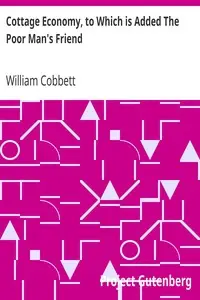
Cottage Economy, to Which is Added The Poor Man's Friend
By William Cobbett
Discover a forgotten path to freedom where families reclaim their livelihoods by mastering old-fashioned skills and challenging the norms of society.
Summary
About the AuthorWilliam Cobbett was an English pamphleteer, journalist, politician, and farmer born in Farnham, Surrey. He was one of an agrarian faction seeking to reform Parliament, abolish "rotten boroughs", restrain foreign activity, and raise wages, with the goal of easing poverty among farm labourers and small land holders. Cobbett backed lower taxes, saving, reversing commons enclosures and returning to the gold standard. He opposed borough-mongers, sinecurists, bureaucratic "tax-eaters" and stockbrokers. His radicalism furthered the Reform Act 1832 and gained him one of two newly created seats in Parliament for the borough of Oldham. His polemics range from political reform to religion, including Catholic emancipation. His best known book is Rural Rides. He argued against Malthusianism, saying economic betterment could support global population growth.
William Cobbett was an English pamphleteer, journalist, politician, and farmer born in Farnham, Surrey. He was one of an agrarian faction seeking to reform Parliament, abolish "rotten boroughs", restrain foreign activity, and raise wages, with the goal of easing poverty among farm labourers and small land holders. Cobbett backed lower taxes, saving, reversing commons enclosures and returning to the gold standard. He opposed borough-mongers, sinecurists, bureaucratic "tax-eaters" and stockbrokers. His radicalism furthered the Reform Act 1832 and gained him one of two newly created seats in Parliament for the borough of Oldham. His polemics range from political reform to religion, including Catholic emancipation. His best known book is Rural Rides. He argued against Malthusianism, saying economic betterment could support global population growth.

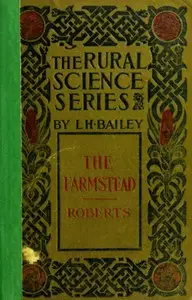
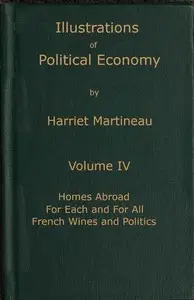
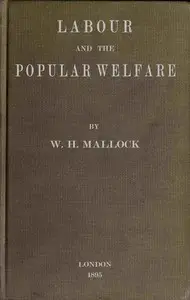
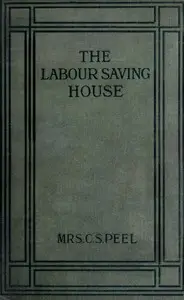
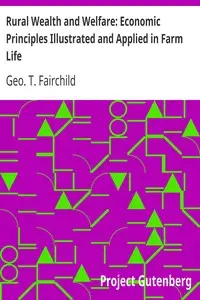
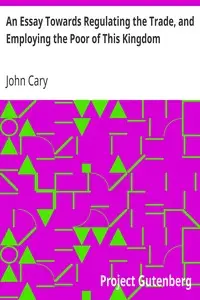
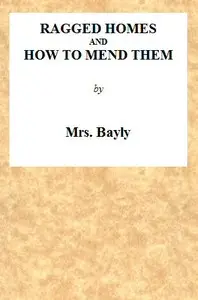


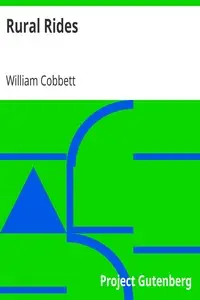
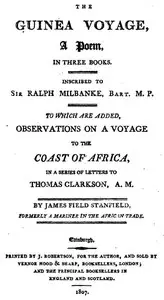
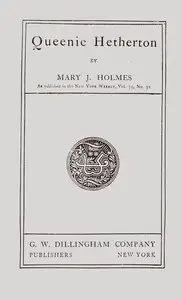
![The Widow [To Say Nothing of the Man] by Helen Rowland](https://cdn.a2-host.cloud/aVMQbJnnpH5OTN54sgqtw_HthakVNP3bErMXGBOaluo/rs:fill:215:325:0/g:ce/aHR0cHM6Ly9zcC1hc3NldHMuczMudXMtd2VzdC0wMDQuYmFja2JsYXplYjIuY29tL2Jvb2svMzIxNTIvVGhlX1dpZG93X1RvX1NheV9Ob3RoaW5nX29mX3RoZV9NYW5fY292ZXIuanBn.webp)


